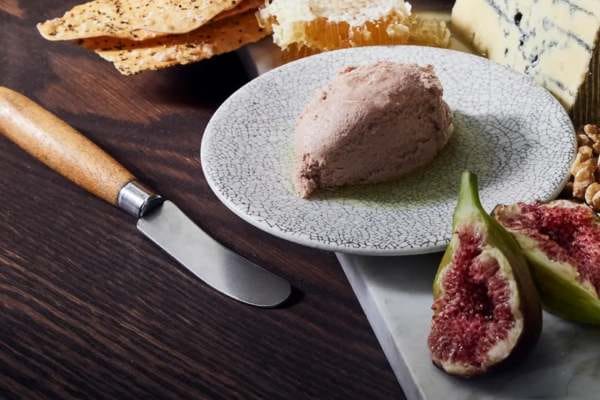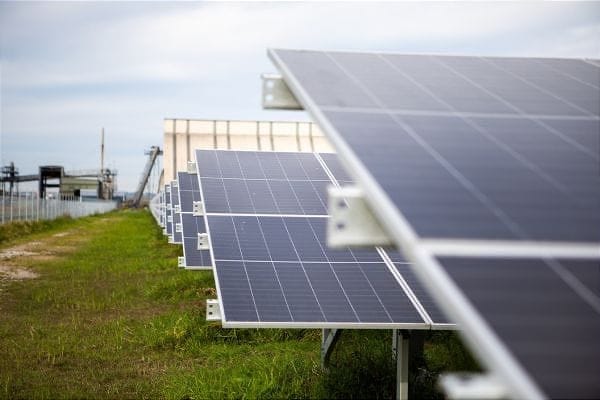Green light for cultured meat
Australian startup Vow has made history as the first cultivated meat company to receive approval from Australian regulators.

Food made from cultivated animal cells is a step closer to local dinner menus following detailed scientific assessment and two rounds of public consultation.
The Food Standards Australia New Zealand (FSANZ) approval clears Vow’s cultured quail for sale, marking the first time a cell-cultured food has been given the green light in Australia and New Zealand.
This milestone opens the door for future applications and positions the region alongside early adopters like Singapore, Hong Kong, and the United States – although some US states have sought to ban these products.
Based in Sydney, Vow recently launched its cultured quail commercially in Singapore and Hong Kong, becoming one of only a handful of startups globally to win regulatory approval and sell its products commercially in multiple markets.
The company’s portfolio includes two commercial cultured offerings – a 'Forged Parfait' (pictured above) and 'Forged Gras', a twist on traditional foie gras – with both grown from Japanese quail cells.
All cell-cultured products approved by FSANZ must be clearly labelled as ‘cell-cultured’ or ‘cell-cultivated’ to ensure transparency for consumers.
The next step in the approval process is a 60-day consideration period by local food ministers. If no review is requested, Vow will be free to sell its products domestically, targeting the foodservice market and focusing initially on Australia’s east coast.
"At Vow, we’re paving a new path for food by using innovative technology to address real challenges around foods that people want but can’t access."
Vow produces its cultured meat at a Sydney facility equipped with a custom 20,000-litre bioreactor known as Andromeda, where it says it recently broke a world record by harvesting 20,000 litres of cell culture in one day.
Forged Gras, its signature product, debuted last year at high-end venues in Singapore and became the first cultivated meat item available in Hong Kong. Unlike traditional foie gras, which is resource-intensive and controversial from an animal welfare perspective, Vow’s version is crafted entirely in stainless steel tanks without harming animals.
“At Vow, we’re paving a new path for food by using innovative technology to address real challenges around foods that people want but can’t access,” George Peppous, Vow chief executive officer said.
Rather than competing directly with conventional meat producers, Vow positions its creations as new culinary experiences – introducing novel tastes, textures, and even new animal species to adventurous diners.
Despite these milestones, Vow has faced recent challenges. As it finalises its latest funding round, the company has laid off around 25 employees – nearly a third of its workforce – citing slower-than-expected regulatory processes that have impacted timelines.
Vow is backed by $56 million from investors such as Blackbird, Toyota Ventures, PeakBridge and SquarePeg, and continues to push forward in a competitive global landscape alongside rivals like Upside Foods, Eat Just, Aleph Farms, and Mission Barns.
Globally, the cultivated meat industry is seeing mixed regulatory support: while leaders like Israel and the UK move forward with approvals, others like Italy have enacted outright bans, and over 20 US states have introduced legislation seeking to block these products with three succeeding so far.
Vow collects a small sample of good quality cells from an animal and then adds these to its library which includes the Japanese quail, crocodiles and even a mammoth. These cells are then grown in a micronutrient broth inside the bioreactor where they multiply. The cells are removed after 79 days and transformed into products.





